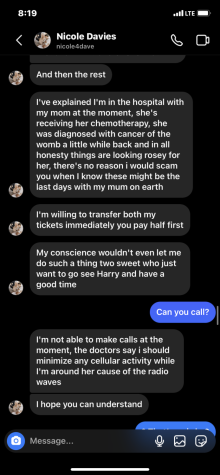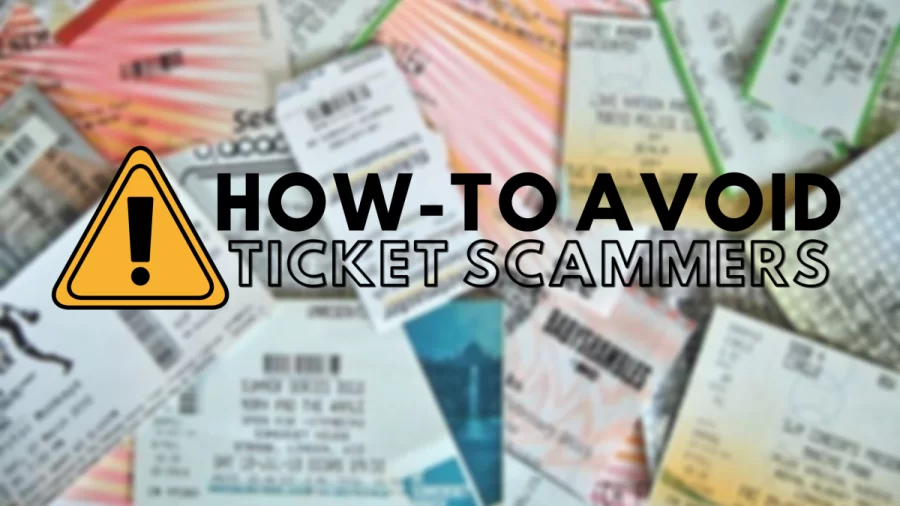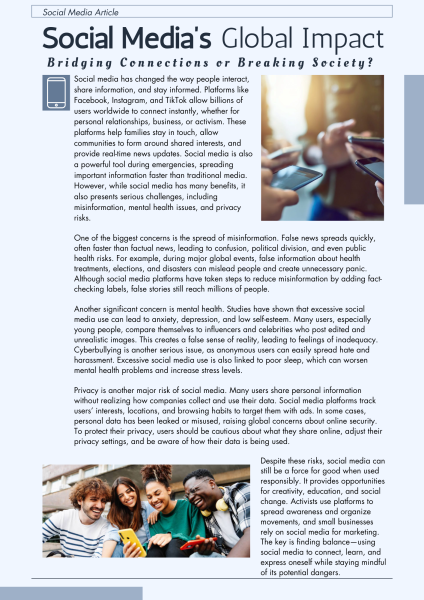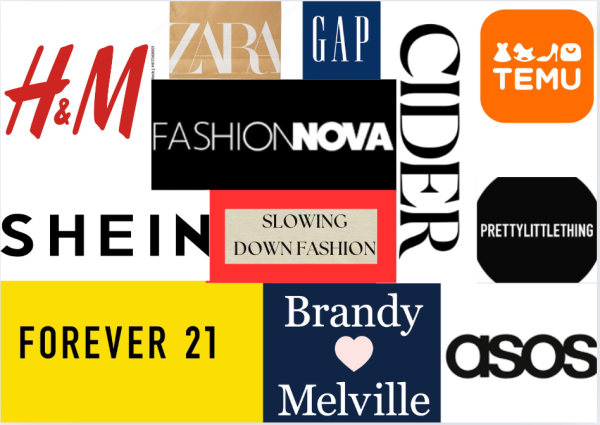How to Not Get Scammed of Concert Tickets
Concert Ticket Scams
Getting scammed for concert tickets is something someone does at least once in their life. You want to get tickets but it turns out your seller isn’t actually @Ilovebandnamexoxo but instead is some random guy who just got $200 from your credit card! So, to avoid something like this from happening… Follow these steps. Wanting something makes you do irrational things, this guide should help steer you in the direction of right and wrong!
- How long has the user existed? When did they create the account?
- If the account was made the same year… be cautious. If the year checks out and it seems like the user is active that’s a green flag!
- How active is the account? Do they post often? Is their profile picture original?
- If the account was created even years ago but there is no activity at all, it’s a little weird. I get it if you may just not post a lot on social media, but it’s easy to identify who has weird profile pictures.
- Take a screenshot of the profile picture and do a background check. If the photo comes up of a person matching on the internet, the photo was used. It’s different when it’s a celebrity but when it looks like an average person, then it’s weird a photo repeats.
- What do their following and followers look like?
- If an account that totally passes tests 1 and 2 but has 4 followers and only follows the person you are buying the tickets for… it’s definitely a red flag. No average person who means well follows only celebrities and has 4 followers. If it’s a fan account that only follows celebrities then ok. BUT if they follow random people that have suspicious profiles as well, then you know not to buy from them.
- Word choice. Are they demanding?
- Scammers are out there to make a quick buck you may think, but they will play the waiting game with you since they are probably scamming someone else in the meantime. If the seller keeps asking you when you can pay, let me know right away when the money arrives, send me proof you sent the money (why would they need proof if they are the ones getting the $?), and make excuses. A real seller would understand your life is busy and they will get the money soon. It’s also just the way the seller says things. Of course, the seller doesn’t want to get scammed out of tickets without any money but, demanding and repeating questions won’t make a seller sound too reliable…
- Excuses, excuses
- If the person you’re texting is making the excuse that they can’t call you, says they missed the concert because someone they know got sick… it’s more than likely a scam. Of course, people get sick and sell concert tickets, but some of the reasoning is too farfetch
- For example, I asked this woman to call but she blamed the radio waves. She also said how I should be lucky that shes selling me these(View Image below)

- Not using alternate forms of money
- Only pay through PayPal goods and services, this lets you cancel the payment if you do possibly get scammed. Most sellers want you to use Zelle or Apple pay, which is a direct form of payment
- If they switch from saying they can only pay one service but then change just for you… they are willing to do anything just for the money
- Is it too good to be true?
- If someone is selling a PIT ticket for $250 and the real value is 800+, it seems a little off how much the value decreased
- Make sure you compare the upfront value on stub hub or vivid seats to the price your seller is selling. If it’s 100, or 200 dollars off then maybe it’s more in the clear.
All in all, getting scammed on websites like Twitter, and Facebook are very common. It’s sometimes more worth it to pay the lower price on a real website for the higher seats. Of course, that’s not the outcome anyone wants, but you could end up not being at the concert and out $400







